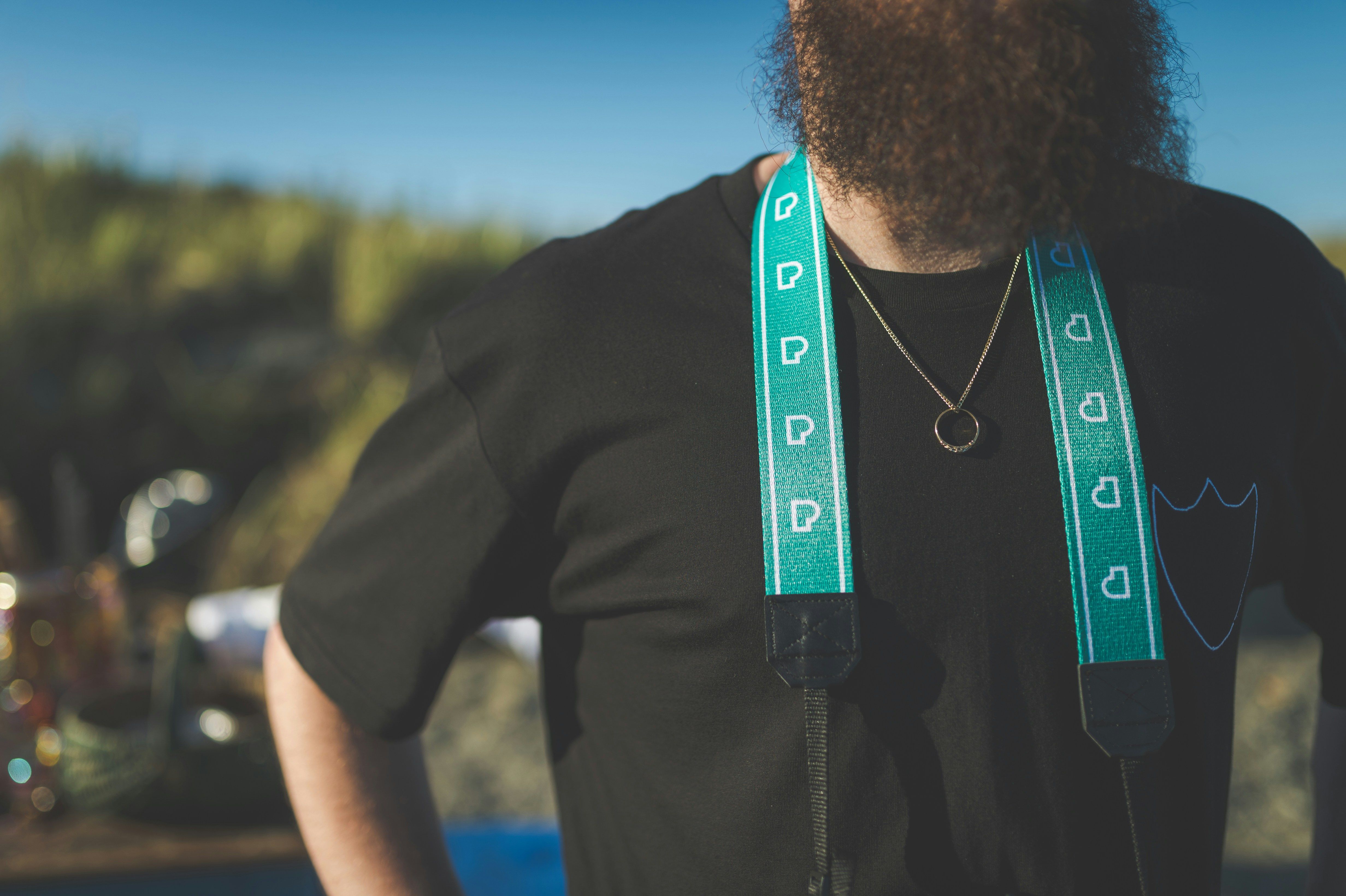A single-minded individual completed an astounding streak of 366 consecutive marathons, pushing his heart to its limits.
Man's Extraordinary Marathon Challenge: A Year-Long Run for World Record
Forty-five-year-old Hugo Farias ambitiously embarked on a year-long marathon challenge, covering an astounding 42,195 kilometers in 366 days. This impressive feat placed him in the Guinness Book of Records as the holder of the world record for consecutive marathons.
Having spent two decades as an executive manager of large technological operations contracts, Farias felt the need for a change and decided to pursue a life-altering sporting endeavor. Inspired by Brazilian sailor Amir Klink, who crossed the South Atlantic by rowing in 1984, Farias opted to run instead.
With organization meticulously planned over eight months, the accomplishment required logistics, training, family support, and assistance from various professionals, including doctors, professional athletes, physiotherapists, and a psychologist. Farias enlisted the Heart Institute (InCor) to accompany him and monitor his heart during the demanding challenge.
Farias completed the marathon challenge on August 28, 2023. Over the course of 1590 hours, he covered 15,569 kilometers, leaving his mark in the annals of record-breaking sporting achievements.
The Heart of the Matter
As part of the research project, Farias's heart was closely monitored throughout the journey, with monthly evaluations, echocardiograms, and cardiopulmonary tests. The findings were published in the scientific journal Arquivos Brasileiros de Cardiologia.
Researchers highlighted that despite the frequency and volume of the exercise, there were no changes in troponin markers, which indicate myocardial damage. The conclusion demonstrated that the heart can adapt to a high-volume athletic load as long as the intensity is moderate.
Sports cardiologist Filippo Savioli commented on the findings, suggesting that cardiac adaptation was predominantly physiological and that the trained athlete's heart can tolerate extreme stresses, as long as they remain within safe intensity limits and with adequate recovery between sessions.
Hugo Farias reflected on his body's adaptation to physical effort, expressing surprise at the conditioning he acquired during the challenge. Despite the risks assessed in his risk analysis, Farias encountered only minor injuries and illnesses throughout the year, including plantar fasciitis, pubalgia, and three episodes of diarrhea.
Farias's demanding endeavor also served as a platform for inspiration, as more than 5000 people joined him for various marathons along his journey. With the support of a multidisciplinary team, Farias is now turning his attention to his next challenge: becoming the first human to run the entire length of the American continent.
- Hugo Farias's cardiovascular health remained resilient throughout his year-long marathon challenge, as evident in the research published in the scientific journal, Arquivos Brasileiros de Cardiologia.
- Farias's heart exhibited remarkable adaptation to the high-volume athletic load, showing no signs of myocardial damage during the marathon run.
- As sports cardiologist Filippo Savioli noted, Farias's trained athlete's heart demonstrated the ability to tolerate extreme stresses, provided they remained within safe intensity limits and recovery was adequately managed.








